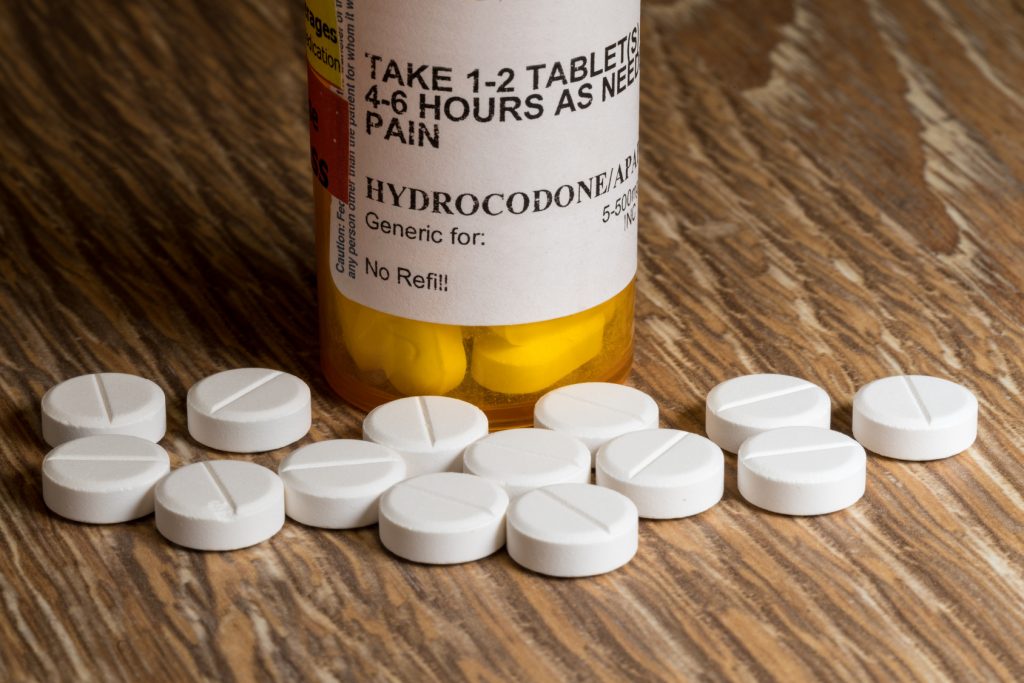lawsuit
TagLandmark Decision Holds Drug Maker Responsible In Opioid Crisis
An estimated 130+ people die every day from opioid-related drug overdoses, and now a landmark decision in Oklahoma is holding one drug maker responsible.
AMA Lawsuit Puts Doctors In the Middle of Abortion Debate
The American Medical Association is suing over two abortion-related laws, because they force physicians to lie to patients, “to commit an ethical violation.”
Oklahoma’s ‘Precedent-Setting’ Suit Puts Opioid Drugmakers On Trial
All eyes were on Oklahoma last week, when the first case in a flood of litigation against opioid drug manufacturers began Tuesday.


